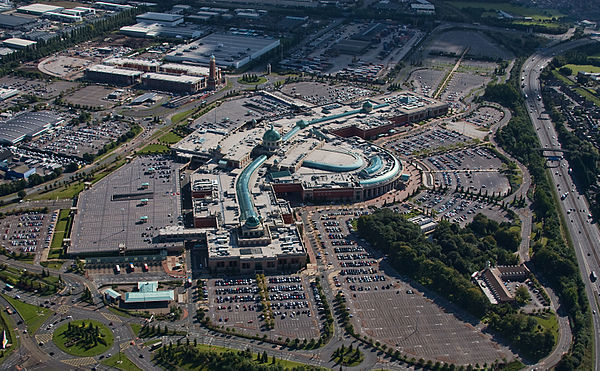The West must no longer tolerate Israel's human rights breaches

My latest post at Substack examines the state of play in Gaza after six months of war. Fair to say, it is truly horrible. But more importantly, there is now overwhelming evidence that Israel has deliberately and systematically violated international humanitarian law. These violations could amount to genocide. On 28th March, the International Court of Justice decided that the situation in Gaza had significantly worsened since its original order in January imposing six "provisional measures" that Israel must take to prevent the situation worsening. The Court imposed, in additional to the original six, a further two measures, specifically requiring Israel to admit sufficient humanitarian aid to ward off famine and prevent its army interfering with the distribution of that aid. These measures are binding not only on Israel, but on all signatories to the Geneva Convention on Genocide. All Western countries are signatories. So what should they do to force Israel to comply? Read ...




